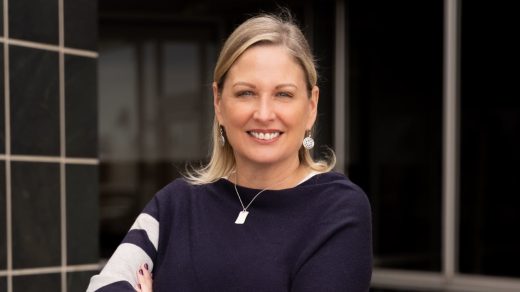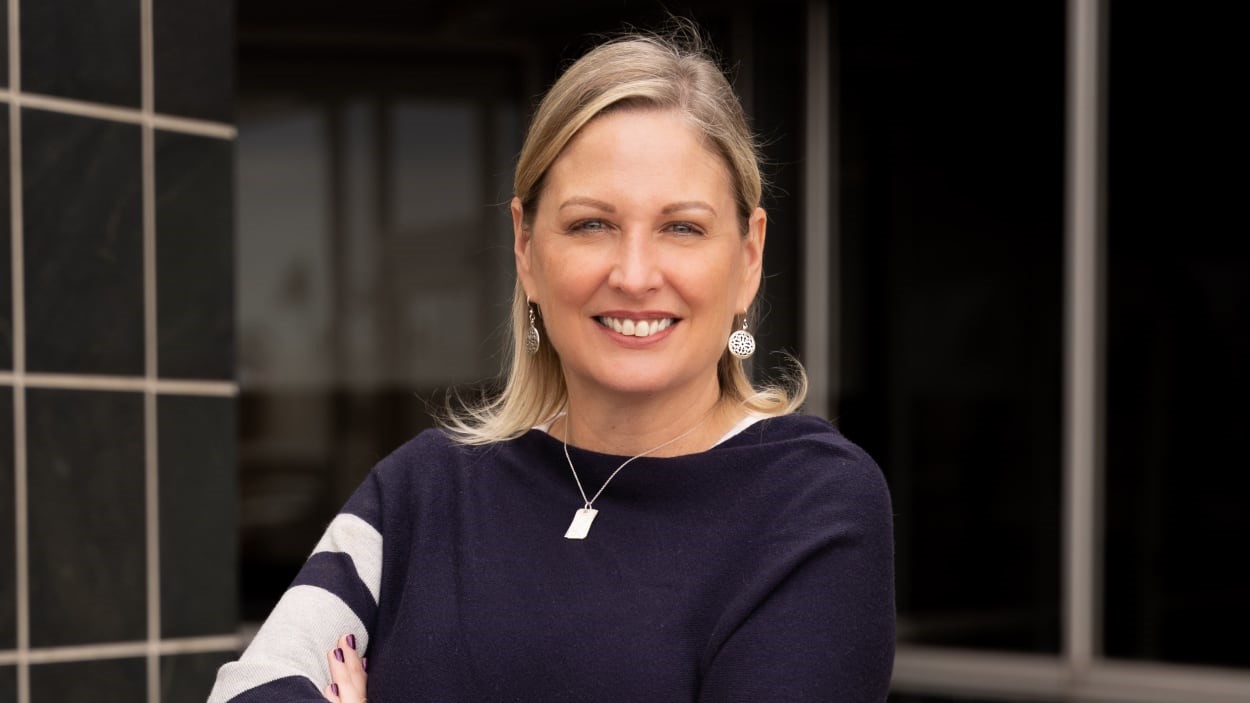Any good DEI strategy has this one thing
In the quest for meaningful progress in corporate diversity, equity, and inclusion (DEI), it becomes increasingly clear that isolated efforts fall short. Companies need collaborative leadership to make their DEI strategy successful, especially from three key players: the CMO, HR, and the Chief Diversity Officer.
Together, these roles form a triad capable of weaving DEI into the corporate narrative with authenticity and impact. Let’s examine how these key roles intersect to champion DEI initiatives, leading to a corporate culture where inclusivity thrives not just as an aspiration but as a practiced reality.
Why DEI Needs Collaborative Leadership
The pursuit of DEI success in the modern workplace transcends traditional company boundaries and hierarchies. It demands an ecosystem where several minds and departments are willing to unite around a common goal. Why is this collaborative leadership approach not just beneficial but necessary for DEI?
Traditionally, DEI initiatives were often relegated to a silo within human resources or designated to a single DEI officer. While these roles are fundamental, DEI’s scope and influence are more far-reaching, impacting every facet of an organization—from recruitment and employee retention to marketing and customer relations.
A siloed approach can lead to fragmented efforts, inconsistent messaging, and missed opportunities for genuine integration into the company culture.
The complexities of DEI are such that no single perspective can fully encapsulate the challenges or solutions. Each department brings a unique lens. This combination of perspectives allows organizations to meet every facet of modern DEI: internal, external, and foundationally strategic.
Three leadership roles in corporate organizations are essential in driving this collaborative strategy around DEI forward: the Chief Marketing Officer (CMO), HR leaders, and the Chief DEI Officer.
When these roles operate in isolation, initiatives can become disjointed, and the organization’s DEI narrative may fail to resonate authentically with a diverse set of stakeholders. In contrast, a collaborative leadership model ensures DEI values are woven seamlessly into every company decision.
Collaborative DEI leadership cultivates a richer, more innovative workplace where varied perspectives fuel creativity and growth. It fosters a culture where diversity isn’t celebrated but is seen as a fundamental part of the organization’s DNA.
Let’s examine how each of these three roles contributes to a successful DEI strategy and how they can operate more collaboratively in practice. The CMO, HR leaders, and Chief DEI Officer play a vital, interconnected role that, when synchronized, can elevate DEI from an organizational afterthought to a strategic cornerstone. Here’s how:
The CMO: The Storyteller
The Chief Marketing Officer is the architect of the brand’s narrative, shaping how the brand is perceived both within the company and in the public eye. With DEI increasingly becoming a consumer priority, the CMO’s role extends to ensuring that the brand’s commitment to diversity and inclusion is not only communicated but also represented well across all marketing initiatives.
The successful ability to communicate brand values around DEI and other important issues through external messaging is a crucial indicator of high performance, and the CMO must lead the charge.
Human Resources (HR): The Culture Builder
HR’s domain is the internal workforce; they are instrumental in transforming DEI policies into lived experiences for employees. They ensure the workplace itself is a testament to the company’s dedication to DEI through:
Today, the ability to create a values-based culture in which employees feel aligned can directly translate to higher ratings and performance. Values alignment has a statistically high impact on employee engagement, NPS ratings, and advocacy.
The Chief Diversity Officer: The Strategist
The Chief Diversity Officer is the expert in diversity and inclusion strategies and is tasked with overseeing and integrating DEI across the organization.
But while Chief Diversity Officers are the subject matter experts, they cannot act alone. Alarmingly, diversity leaders are experiencing 40% higher turnover than their HR counterparts, primarily because they cannot make the impact they aim to achieve without broader organizational support. CDOs need a collaborative leadership model in place to be effective and fulfill the fundamental purpose of their role.
Collaborative DEI Leadership in Practice
To effectively embed DEI into an organization’s culture and operations, the theoretical must become the practical. This requires a concerted effort where the CMO, HR, and CDO not only align in purpose but also collaborate in action through tactics like:
In practice, collaborative leadership extends beyond the confines of organizational charts and job descriptions. It’s about harnessing the collective power of different departments to create a workplace where diversity is valued, equity is pursued with intention, and inclusion is experienced by all.
This practice strengthens the company’s reputation, enriches its culture, and propels its success in a diverse global marketplace.
(34)



